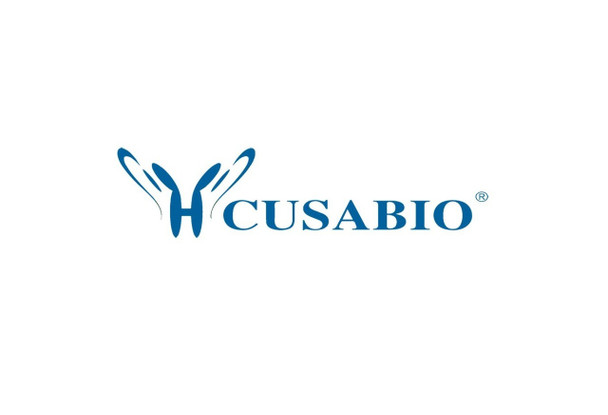Cusabio Polyclonal Antibodies
SPCS3 Antibody | CSB-PA022517LA01HU
- SKU:
- CSB-PA022517LA01HU
- Availability:
- 3 to 7 Working Days
Description
SPCS3 Antibody | CSB-PA022517LA01HU | Cusabio
SPCS3 Antibody is Available at Gentaur Genprice with the fastest delivery.
Online Order Payment is possible or send quotation to info@gentaur.com.
Product Type: Polyclonal Antibody
Target Names: SPCS3
Aliases: Signal peptidase complex subunit 3 (EC 3.4.-.-) (Microsomal signal peptidase 22/23 kDa subunit) (SPC22/23) (SPase 22/23 kDa subunit), SPCS3, SPC22
Background: Component of the microsomal signal peptidase complex which removes signal peptides from nascent proteins as they are translocated into the lumen of the endoplasmic reticulum.
Isotype: IgG
Conjugate: Non-conjugated
Clonality: Polyclonal
Uniport ID: P61009
Host Species: Rabbit
Species Reactivity: Human, Mouse
Immunogen: Recombinant Human Signal peptidase complex subunit 3 protein (33-180AA)
Immunogen Species: Human
Applications: ELISA, WB, IHC
Tested Applications: ELISA, WB, IHC; Recommended dilution: WB:1:500-1:2000, IHC:1:20-1:200
Purification Method: Antigen Affinity Purified
Dilution Ratio1: ELISA:1:2000-1:10000
Dilution Ratio2: WB:1:500-1:2000
Dilution Ratio3: IHC:1:20-1:200
Dilution Ratio4:
Dilution Ratio5:
Dilution Ratio6:
Buffer: Preservative: 0.03% Proclin 300
Constituents: 50% Glycerol, 0.01M PBS, PH 7.4
Form: Liquid
Storage: Upon receipt, store at -20°C or -80°C. Avoid repeated freeze.
Initial Research Areas: Epigenetics and Nuclear Signaling
Research Areas: Epigenetics & Nuclear Signaling;Signal transduction













